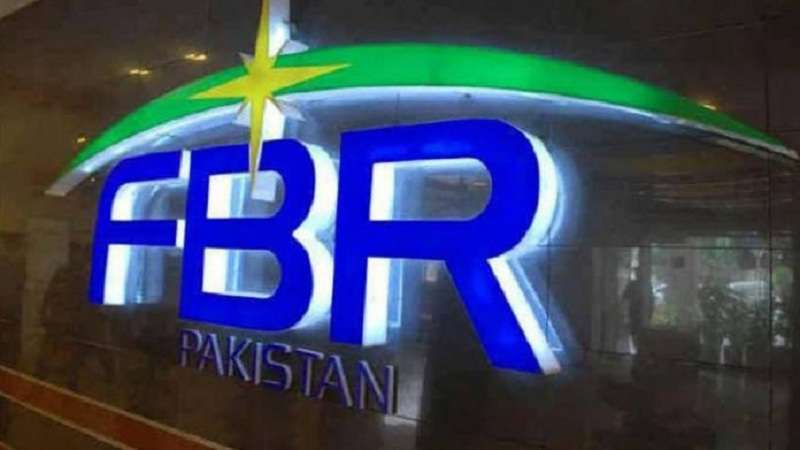The Federal Board of Revenue (FBR) in Pakistan has launched an evaluation process to combat mis-invoicing of imported goods at customs clearance.
Sources in the FBR said on Monday that the move is part of the Pakistan Raises Revenue Project, which is aimed at broadening the tax base and facilitating compliance to increase domestic revenue.
READ MORE: Pakistan may target banks for additional tax revenue
The FBR is seeking the services of a consultant to analyze existing systems and regulations and propose an operations framework to counter mis-invoicing.
Additionally, the consultant will evaluate potential risks arising from future policy changes and suggest necessary adjustments to Pakistan’s taxation system to guard against their adverse impact.
Many organizations and individuals have emphasized the role of Customs in combatting illicit financial flows (IFFs) that exploit the international trade system.
READ MORE: Motor vehicle tax collection declines to Rs24.87 billion in July – March
Customs administrations have a well-established pedigree in combating cash smuggling and under-invoicing of imports, but the realm of IFFs via trade mis-invoicing remains unexplored territory for most Customs administrations. As a consequence of their limited mandate, Customs may be unaware of the importance of trade mis-invoicing as a main channel of IFFs.
The FBR’s move to combat mis-invoicing is a step in the right direction. The evaluation process will enable the FBR to have a better understanding of the problem and propose an effective solution. The recent surge in revenue collection and higher incidence of tax compliance can be attributed to various policy and administrative reforms introduced by the FBR in recent years.
READ MORE: Impact of regulatory duty removal on used car prices in Pakistan
These reforms include reduction in corporate tax rates, phasing out unnecessary exemptions, tariff rationalization, free trade agreements, efforts to promote tax compliance culture, and extended use of IT tax policy.
In conclusion, the FBR’s initiative to combat mis-invoicing is commendable, and it is hoped that the evaluation process will result in an effective solution to the problem.
READ MORE: LTO Karachi hopes to achieve revenue collection target for 2022-2023
The role of Customs in combating IFFs should be re-evaluated to ensure that an appropriate response is adopted, particularly in the context of heightened awareness among stakeholders, practitioners, and experts.
The FBR’s efforts to broaden the tax base and facilitate compliance are crucial for Pakistan’s economic development, and policy and administrative reforms must continue to be implemented to sustain this growth.
